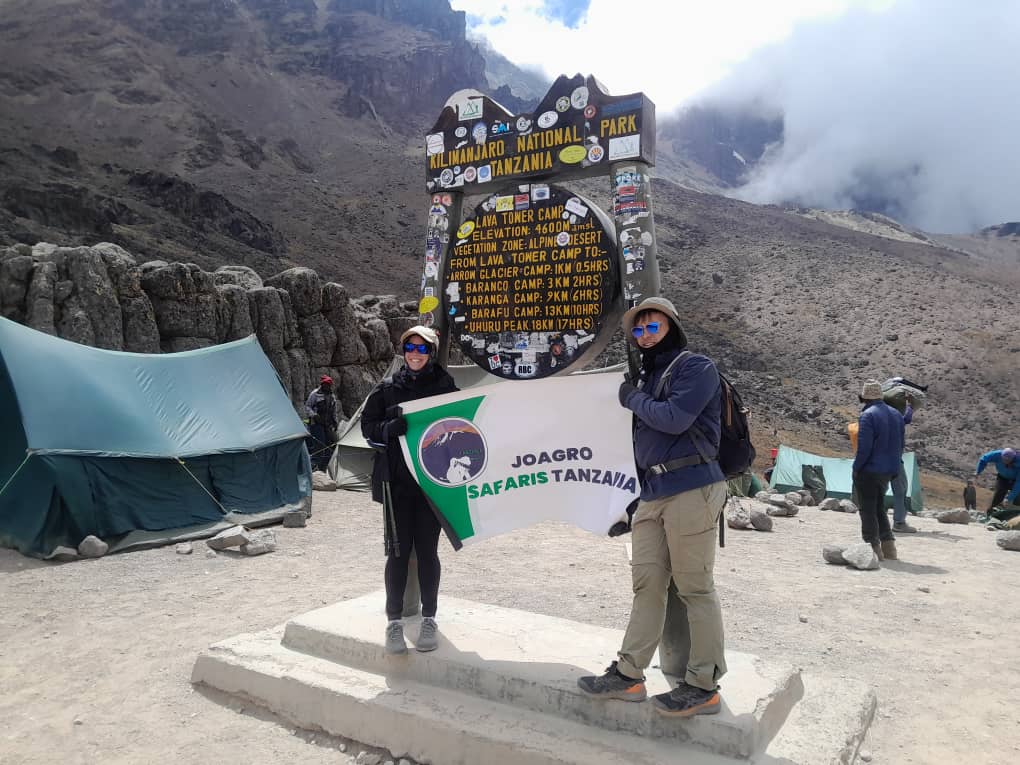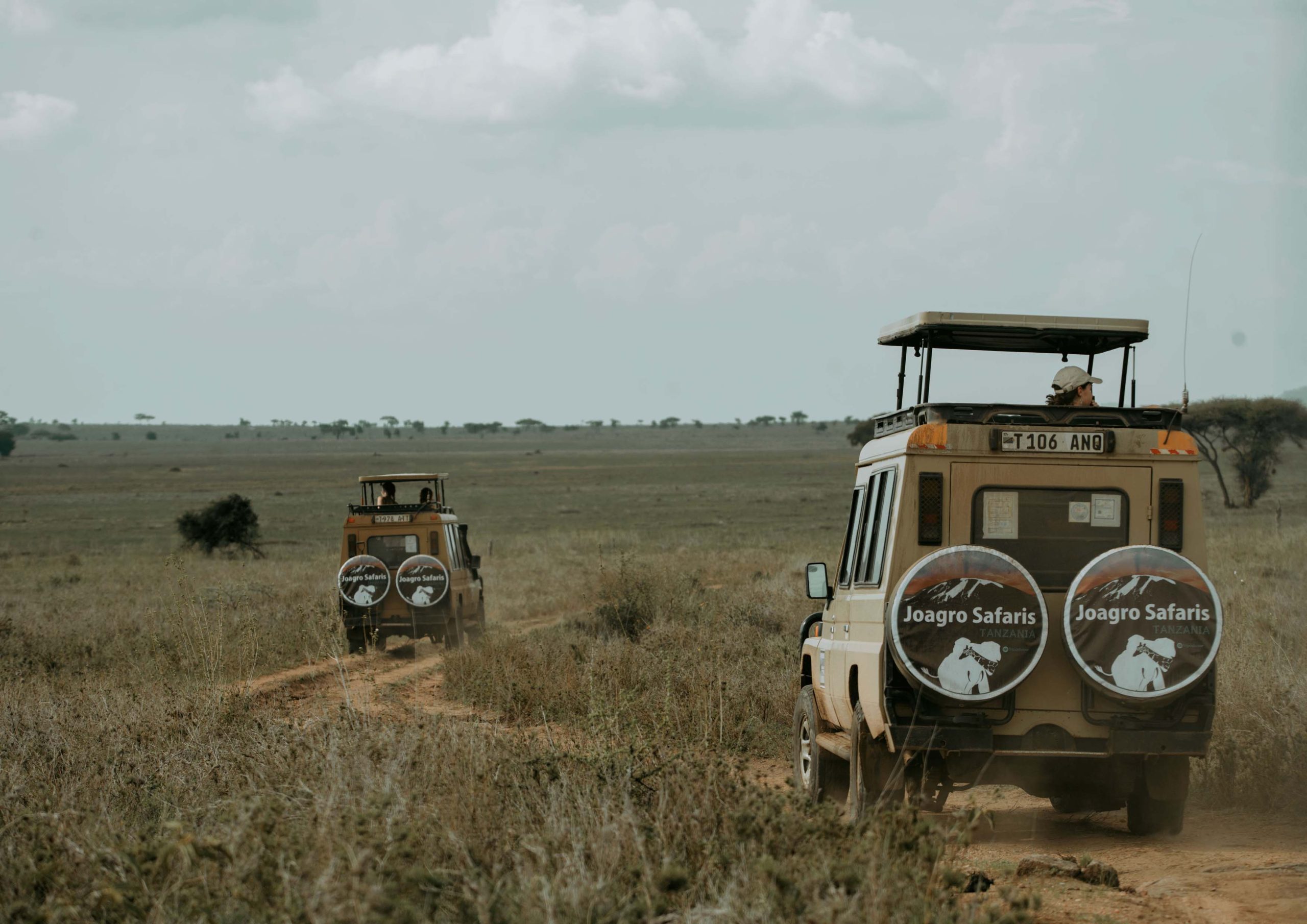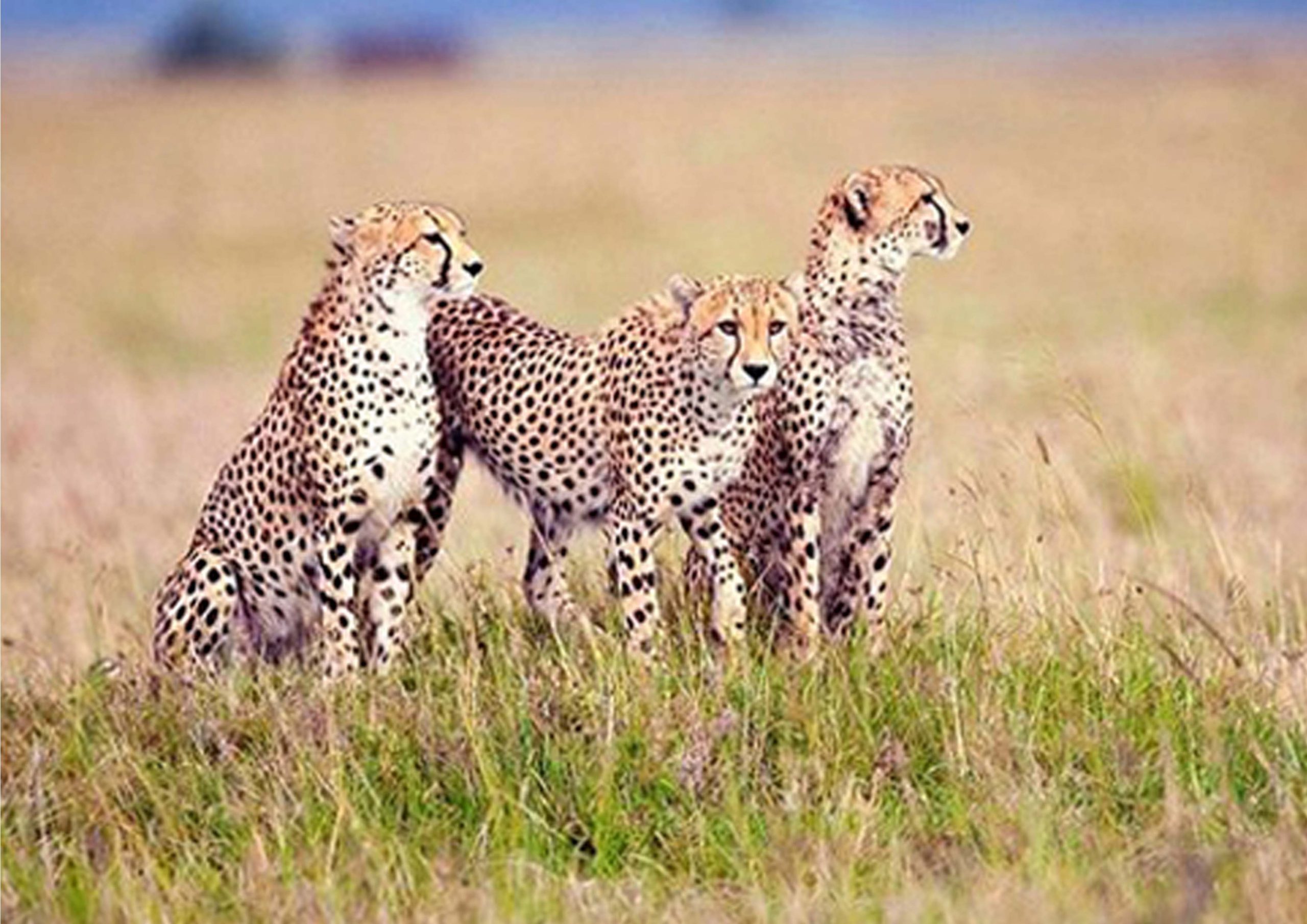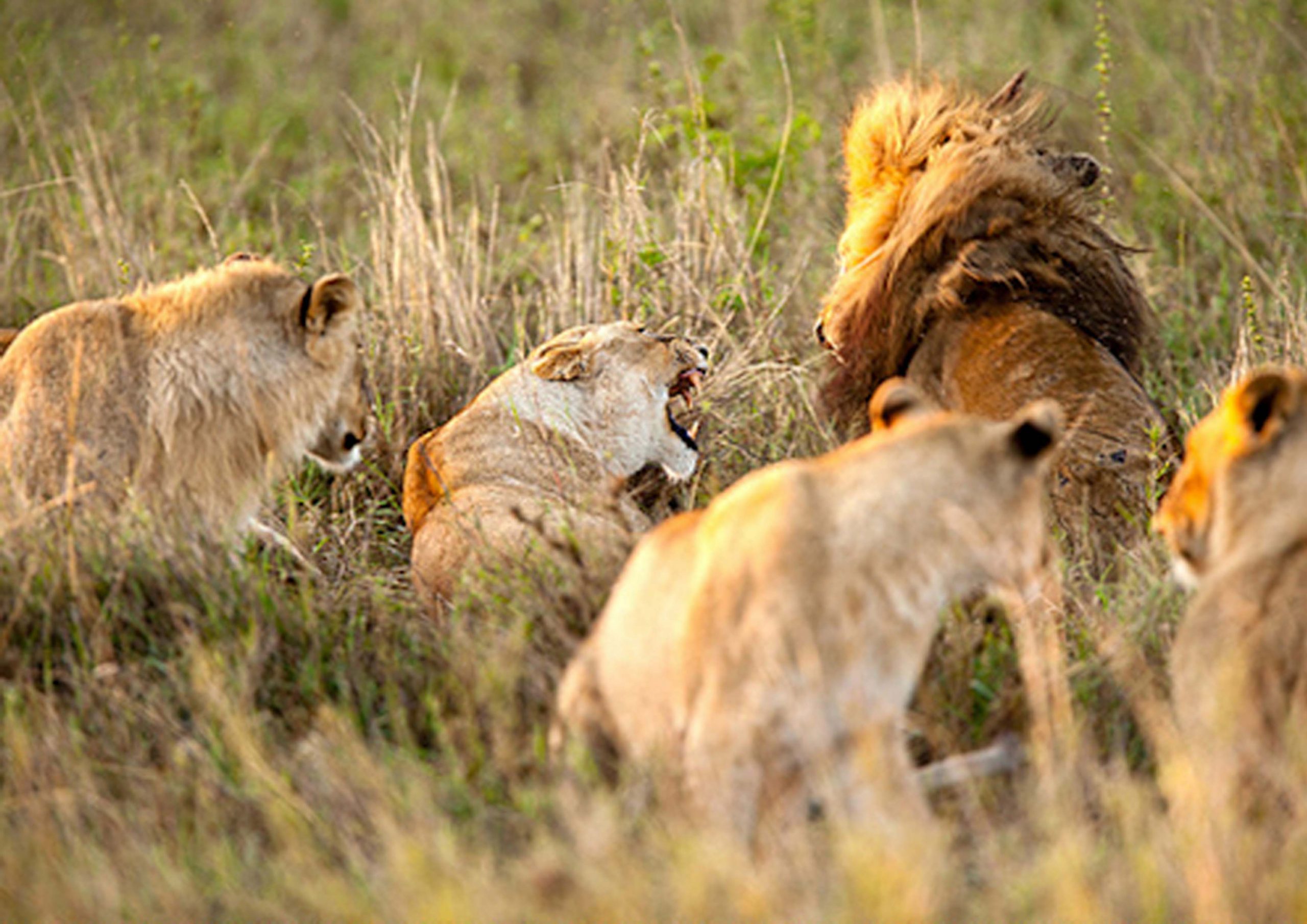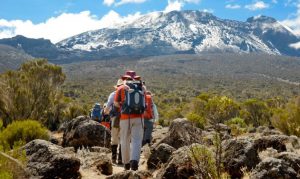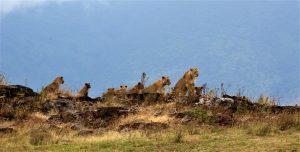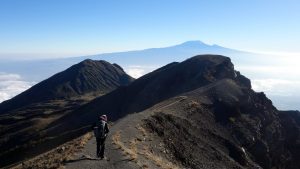Why is tipping very important on safari or Kilimanjaro?
Tipping on a safari or Kilimanjaro expedition is an integral part of the travel experience and a significant aspect of the tourism industry in East Africa. Whether on a wildlife adventure or trekking the majestic slopes of Africa’s highest mountain, tipping is more than just a financial gesture. It is a way to show gratitude for the hard work, dedication, and expertise provided by the team of individuals who make these experiences possible. From guides to porters, cooks to drivers, the behind-the-scenes staff work tirelessly to ensure the success and comfort of each journey. Their efforts often go beyond what is immediately visible, and tipping is an acknowledgment of the essential role they play in the overall experience.
The Human Element in Safari and Kilimanjaro Expeditions
Safari adventures and Kilimanjaro treks are not solely defined by landscapes, wildlife, or the challenge of reaching the summit. The human element is at the core of these experiences. Local guides, drivers, cooks, and porters bring their expertise, passion, and commitment to the forefront, enriching the adventure with insights, cultural knowledge, and personalized attention. These individuals are often native to the areas tourists visit and possess an intimate understanding of the land, wildlife, and climate. For many, their livelihood depends on the tourism industry, and tipping represents a substantial part of their income.
In countries like Tanzania and Kenya, where these activities are popular, salaries for individuals in the tourism sector are often relatively low. Tipping is not just a bonus; it is a significant supplement to their wages. For many of these workers, particularly porters on Kilimanjaro, the work is physically demanding, involving long hours, carrying heavy loads, and navigating difficult terrain. A fair and well-deserved tip acknowledges this hard work and ensures that these workers can provide for their families and communities.
The Importance of Tipping Guides
Guides are perhaps the most visible members of the team during a safari or Kilimanjaro trek. They are the ones who lead the group, impart knowledge, and ensure that travelers have a safe and enjoyable experience. On safari, a guide’s ability to spot animals, explain their behaviors, and share interesting facts about the ecosystem can transform an ordinary wildlife viewing into a memorable learning experience. These individuals are often passionate about conservation and are dedicated to sharing their love for wildlife and nature with visitors. Their expertise is invaluable, and tipping is a way to acknowledge their contribution to the experience.
Similarly, on Kilimanjaro, guides play an essential role in ensuring climbers reach the summit safely. The climb is a physically and mentally demanding endeavor, and guides are there to provide encouragement, assistance, and critical decision-making in terms of pace, route, and acclimatization. Their responsibility extends beyond just showing the way; they are also trained in first aid and altitude sickness management, making them critical to the safety and success of the climb. A good guide can make all the difference between a successful climb and one that ends prematurely. Given the responsibility they bear, tipping them adequately is a way to show appreciation for their professionalism and commitment.
The Role of Porters on Kilimanjaro
Porters are the unsung heroes of Kilimanjaro treks. These hardworking individuals carry the bulk of the gear, including tents, food, and climbers’ personal belongings, allowing trekkers to focus on the challenge of the ascent. Without porters, most climbers would find it nearly impossible to reach the summit, as carrying such loads at high altitudes would be both physically and mentally exhausting.
Porters face grueling conditions, often carrying up to 20 kg of gear on steep, rocky trails. They navigate through varying climates, from tropical forests to icy summits, while setting up and breaking down camps each day. The physical demands on their bodies are immense, and yet, they perform their duties with a level of grace and humility that is truly commendable. Many porters come from rural communities, and their work on the mountain is a critical source of income for their families. Tipping porters fairly is not just a matter of kindness; it is an ethical responsibility that recognizes the difficult conditions under which they work.
Furthermore, there is a growing movement to improve the working conditions of porters on Kilimanjaro. Organizations like the Kilimanjaro Porters Assistance Project (KPAP) advocate for fair treatment, proper wages, and the provision of adequate gear and clothing. Tipping generously and directly ensures that porters receive fair compensation for their efforts, particularly as some companies may underpay their porters or fail to distribute tips properly. For many travelers, a meaningful way to contribute to this cause is by tipping porters directly or supporting reputable companies that adhere to fair labor practices.
Cooks and Camp Staff: The Unsung Contributors
On both safaris and Kilimanjaro treks, the role of cooks and camp staff cannot be overlooked. These individuals work behind the scenes to provide sustenance and comfort to travelers. On a Kilimanjaro trek, for instance, the cook’s job is critical to the climbers’ success. Preparing meals at high altitudes, in often extreme weather conditions, requires skill and creativity. Proper nutrition and hydration are essential for maintaining energy levels and combating the effects of altitude sickness. A good meal can lift spirits and energize weary climbers, making the cook’s role indispensable.
Similarly, on safari, camp staff often work long hours to ensure that accommodations are comfortable and that meals are ready on time. They may work in remote locations, without the conveniences of modern infrastructure, yet still manage to provide a high level of service. For many, the quality of the food and service can significantly enhance the overall experience. Tipping these individuals is a way of acknowledging their hard work and ensuring that they are fairly compensated for their efforts.
Cultural Significance of Tipping
Tipping is not just a financial transaction; it carries cultural significance in many parts of East Africa. In these regions, tourism plays a vital role in the economy, providing jobs and opportunities for local communities. Tipping reflects the traveler’s recognition of the personal connection made with the people who help facilitate the journey. It is a gesture of goodwill and appreciation that fosters positive relationships between tourists and locals.
In some African cultures, the act of giving is seen as an expression of respect and gratitude. By tipping generously, travelers are participating in this cultural exchange, contributing not only to the well-being of individuals but also to the sustainability of the tourism industry as a whole. For many workers, the tips they receive are not just a way to make ends meet but a sign that their work is valued and appreciated.
Industry Standards and Expectations
While tipping is often seen as discretionary, there are industry standards and expectations when it comes to safaris and Kilimanjaro treks. Many tour operators provide guidelines on how much to tip, based on the number of days, the size of the group, and the level of service provided. These guidelines are often in place to ensure that all members of the team are adequately compensated.
On a safari, for example, it is common to tip the guide, driver, and camp staff at the end of the trip. A typical tip for a safari guide might range from $10 to $20 per person per day, while camp staff might receive $5 to $10 per person per day. For Kilimanjaro climbs, the tipping structure is often more complex, as it involves a larger team of porters, guides, and cooks. It is not uncommon for groups to contribute a collective tip that is then distributed among the team members. A typical tip for a guide on Kilimanjaro might range from $15 to $20 per day, while porters may receive $6 to $10 per day.
These tipping guidelines are often based on the principle of fairness, ensuring that all members of the team, from the guide to the porter, are recognized for their contributions. However, it is important for travelers to remember that these are just guidelines and that tipping should ultimately reflect the quality of service received. If a guide or porter goes above and beyond to ensure the success of the trip, it is entirely appropriate to tip more generously.
The Ethical Responsibility of Tipping
Beyond the cultural and economic significance of tipping, there is an ethical dimension to consider. Many of the workers in the safari and Kilimanjaro tourism industries come from disadvantaged backgrounds. The opportunities afforded by tourism provide a pathway to financial stability and personal growth. However, the reality is that the wages paid by many tour operators are often insufficient to meet the basic needs of these workers and their families.
Tipping is a way for travelers to contribute directly to the well-being of these individuals, ensuring that their hard work is fairly compensated. It is an ethical responsibility that reflects the understanding that tourism, when done right, can be a force for good. By tipping generously, travelers can help to create a more equitable and sustainable tourism industry, where the benefits are shared more widely among those who make these incredible experiences possible.
In recent years, there has been a growing awareness of the need for responsible and sustainable tourism practices. This includes ensuring that the workers who support the industry are treated fairly and compensated adequately. Tipping is one way that travelers can contribute to this effort, ensuring that their presence as tourists has a positive impact on the lives of local people.
The Long-Term Impact of Tipping
Tipping not only has an immediate financial impact but also contributes to the long-term sustainability of the tourism industry in East Africa. When workers are fairly compensated, they are more likely to remain in their jobs, providing a higher level of service and expertise. This, in turn, enhances the quality of the travel experience for future tourists. A well-tipped guide or porter is more motivated, more invested in their work, and more likely to go the extra mile to ensure a successful trip.
Moreover, the income generated from tips often extends beyond the individual worker. In many cases, the money is used to support families and communities. This can have a ripple effect, helping to fund education, healthcare.

